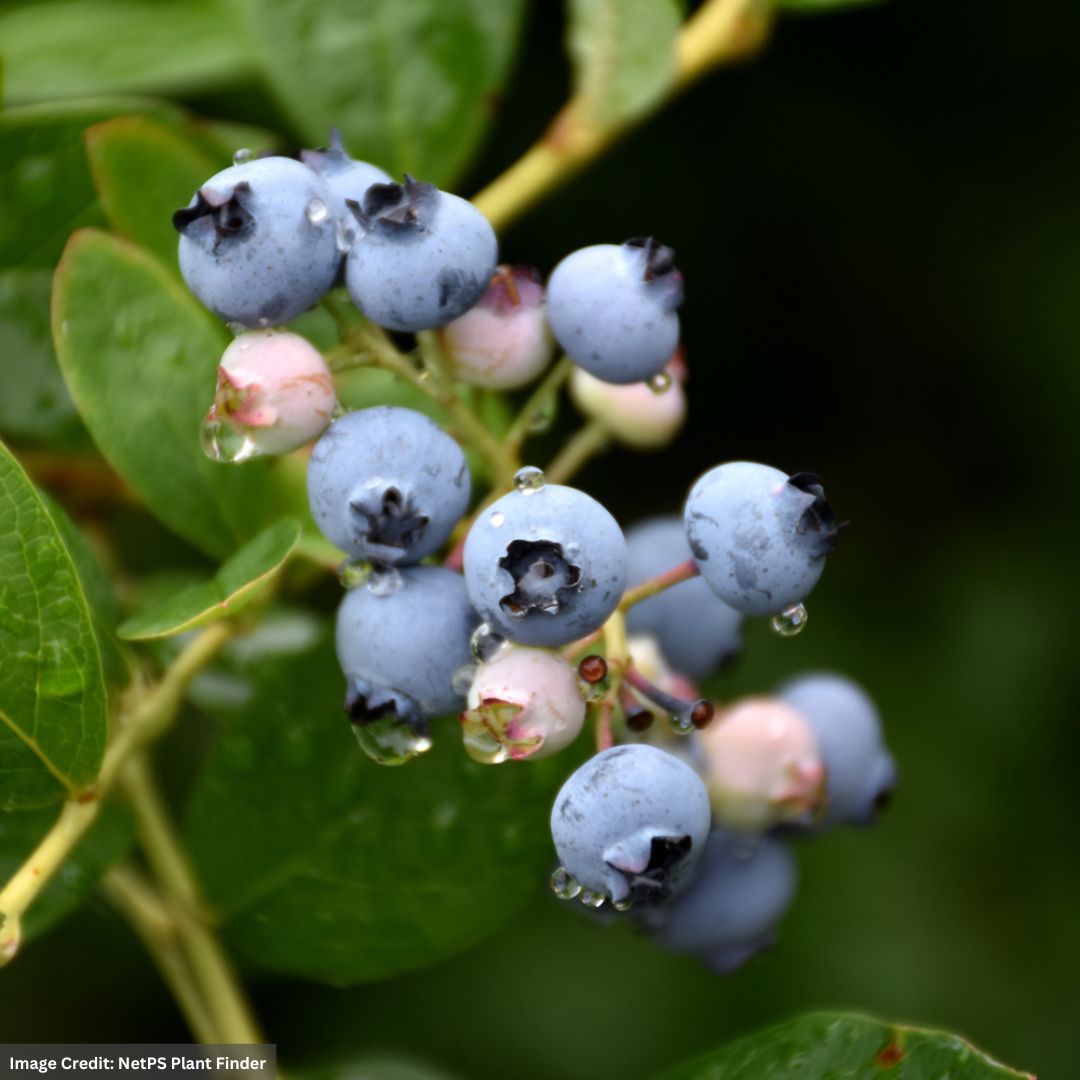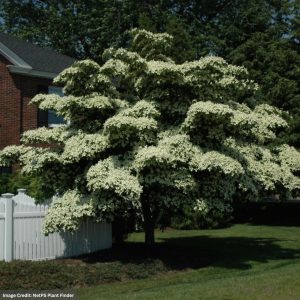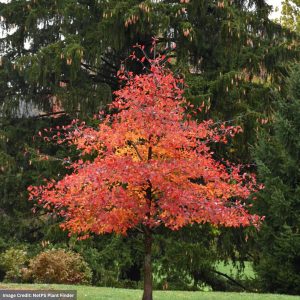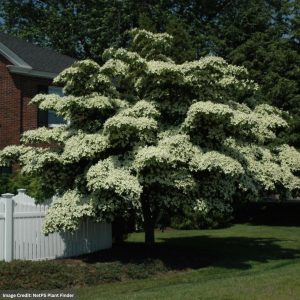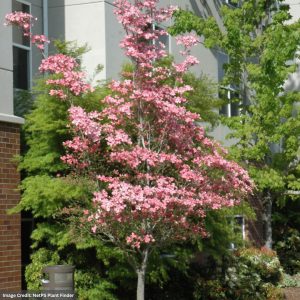Description
Elevate your garden with the Jersey Highbush Blueberry, a true delight for berry enthusiasts. This blueberry variety boasts long, loose clusters of small-to-medium-sized light blue berries, bursting with flavor.
The Jersey Blueberry bush is known for its vigorous growth and fast development, featuring open, spreading canes that make harvesting a breeze. To ensure the best production, consider planting two different blueberry varieties for cross-pollination.
With a mid-season harvest and hardiness in Zone 4, this deciduous blueberry bush thrives in full sun, forming an attractive oval/rounded shape. Enjoy the abundant rewards of the Jersey Highbush Blueberry, perfect for snacking, baking, and preserving.
Each plant comes in a #2 (2 gallon) growers container. The image shown represents an example of what you may receive. Please note that the height, shape, and fullness of each plant may vary due to natural growth patterns. Rest assured, we will select the healthiest and most vibrant plant for you.
New to planting? We’ve got you covered with our Trees & Shrubs Planting Guide.
Plant Specs:
Botanical Name: Vaccinium corymbosum 'Jersey'
Light: full sun – part sun
Watering: average
Soil: highly acidic, well draining
Zone: 3 – 8
Plant Shape: upright spreading
Plant Type: deciduous shrub
Mature Size: height (7'), width (7')
BLooming Season: mid spring, fruit late summer
Have any questions or need help finding the right plant? Reach out to our Customer Service team using the blue chat function on the right to call, text, or email them. They are happy to help!
